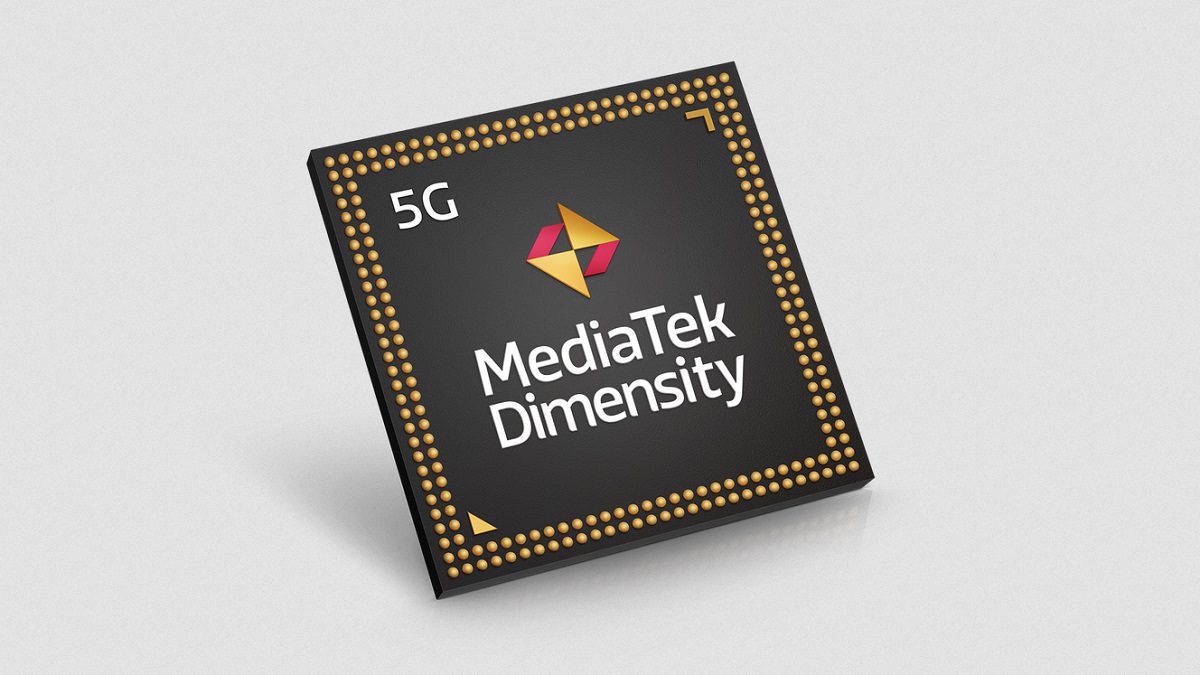
Intel Moves Away from 5G Modems, Sells Business to MediaTek
Intel has quietly begun its exit from the wireless wire area network (WWAN) business, ceasing production of 4G and 5G modems while continuing to provide notebook solutions equipped with MediaTek-badged modems.
As the world becomes increasingly interconnected, connectivity has become a commoditized business, with many companies striving to be vertically integrated while also selling their products at high margins. This trend has pushed Intel to exit its wireless wire area network (WWAN) business and to focus on its IDM 2.0 strategy.
While Intel will continue to provide notebook solutions based on its CPUs, it will no longer manufacture 4G and 5G modems itself. Instead, it plans to provide these modems through a partnership with MediaTek, which will allow Intel to offer connectivity solutions for the whole stack of client devices, from IoT gadgets to advanced ultrabooks.
Intel sold its 4G and 5G smartphone/tablet modem business to Apple in 2019, but retained its crucial 4G and 5G patents. The company has been offering 4G and 5G modem solutions as part of its laptop platforms, but decided to team up with MediaTek and Fibocom for manufacturing appropriate modems. Now, Intel plans to transfer its 5G technology to Fibocom and MediaTek and facilitate the transfer of driver code and licensing agreements to maintain customer experience.

Although Intel intends to exit the 5G market by July, it will retain a small team to aid MediaTek with hardware, software, and clients. The technology transfer is expected to be completed by May and is not expected to have any financial impact on Intel. Intel’s OEM partners using 5G solutions can continue to collaborate with MediaTek to provide updates and upgrades to their existing product roadmaps.
Eric McLaughlin, VP and GM of Wireless Solutions at Intel, said in a statement to More Than Moore, “As we continue to prioritize investments in our IDM 2.0 strategy, we have made the difficult decision to exit our WWAN client business for both LTE and 5G.”
For Intel, its 4G and 5G modem business may not be the most profitable one, and the total available market of always-connected PCs (ACPCs) has not increased in recent years. While there might be an influx of ACPCs from Apple and Qualcomm, Intel may not be inclined to compete with these two platforms given allegedly limited profit margins in this sector.
While Intel’s modem technology will enable MediaTek to offer connectivity solutions for a range of client devices, analysts suggest that the always-connected PC market may not be profitable for Intel, which may focus instead on its IDM 2.0 strategy. MediaTek, however, is investing in its wireless modem portfolio beyond smartphones into PCs and other devices. The transfer of Intel’s 5G technology to MediaTek and Fibocom is expected to be completed by May, with no anticipated financial impact on Intel.



